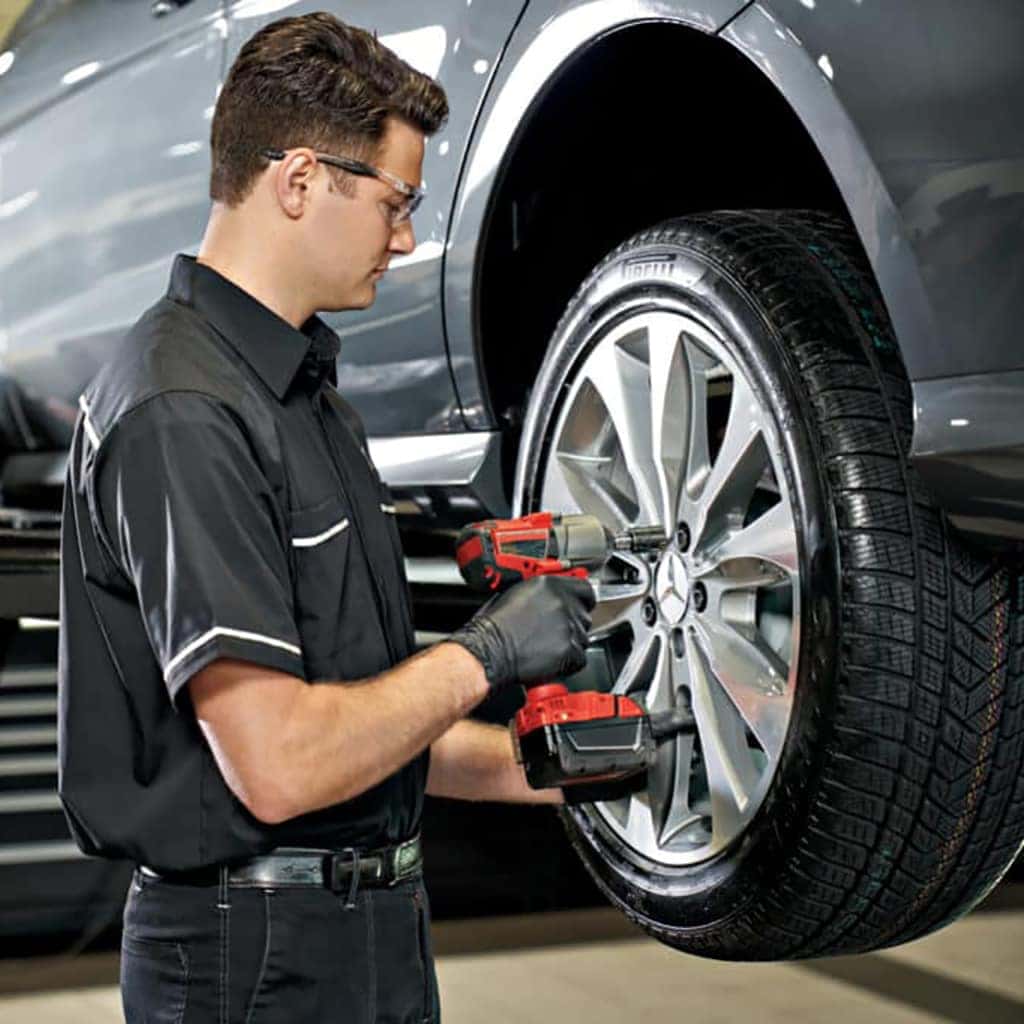Morris Tires: Your Destination for GMC Tires Service Excellence
Morris Tires: Your Destination for GMC Tires Service Excellence
Blog Article
Tire Solution: The Effect of Climate Condition
When it pertains to making certain optimal performance and safety on the road, recognizing the impact of climate conditions on tire solution is essential. From scorching warm to icy roadways, each weather condition component can dramatically influence tire functionality and general driving experience. By diving into the effects of differing weather on tires, chauffeurs can gain useful understandings that might boost their lorry's efficiency and durability. In this conversation, we will certainly discover the detailed relationship between climate condition and tire solution, clarifying the relevance of weather-specific tire upkeep techniques and factors to consider.
Warmth and Tire Efficiency
When subjected to heats, tires experience adjustments in efficiency that can considerably impact lorry safety and security and handling. The warm generated from long term driving or heat conditions creates the tire rubber to soften, bring about decreased tread life and enhanced wear. As the rubber ends up being softer, the tire's grip when traveling lessens, influencing braking ranges and overall grip. In severe cases, excessive warm can also cause tire blowouts, posturing an extreme safety and security danger to the vehicle and its owners.

Cold Climate Impacts
Cold weather problems can have a considerable influence on tire efficiency and security. As temperatures drop, tire rubber can set, bring about decreased grip on icy or snow-covered roadways. In winter, tires may additionally lose atmospheric pressure extra swiftly, which can affect dealing with and gas effectiveness. In addition, cold temperatures can trigger tire sidewalls to stiffen, boosting the risk of damage from gaps or other road threats.
To minimize the effects of winter on tires, it is critical to consistently inspect tire stress and inflate them to the producer's suggested degrees. Utilizing winter or all-season tires made for chilly weather condition conditions can additionally boost traction and grip on icy or snowy roadways. Proper tire maintenance, including routine evaluations for wear and damages, ends up being much more essential throughout colder months to make sure optimum efficiency and safety.
Rainy Issues Influence
Tires with damaged treads are extra susceptible to hydroplaning, where a layer of water builds up between the road and the tire surface, leading to loss of traction. To fight this, motorists ought to consistently examine their tires for ample step depth and consider investing in tires especially made for wet conditions.
Furthermore, stormy climate can likewise reduce visibility, making it testing for chauffeurs to see the roadway in advance clearly (GMC Tire Service). In such conditions, it is important to change driving rates appropriately and keep a secure complying with distance to permit for unexpected stops. Appropriately inflated tires can also assist in keeping control on damp roads by giving much better handling and grip
Snow and Tire Safety And Security
When driving in snowy conditions, having the ideal tires can make a considerable distinction in security and performance. Wintertime tires are designed with special rubber substances and tread patterns to give better traction on snow and ice contrasted to all-season tires.

It is essential to comply with maker instructions when setting up and utilizing tire chains to prevent damages to the tires and lorry. By picking the best tires, keeping proper inflation, and thinking about extra grip aids like tire chains, chauffeurs can boost their safety and security when navigating snow-covered roads.
Weather-Related Tire Maintenance
When confronted with various climate conditions, appropriate tire maintenance becomes an essential facet of automobile safety and performance. Weather-related tire upkeep includes a range of techniques focused on making certain optimal tire feature and durability in different weather condition scenarios. One crucial element of weather-related tire upkeep is tire pressure law. Changing temperature levels their explanation can create tire pressure to differ, impacting grip and gas effectiveness. Consistently checking and adjusting tire pressure according to maker recommendations is crucial for safe driving in altering climate condition. In addition, tire step depth plays a considerable duty in dealing with different climate aspects. Tires with adequate step deepness provide much better grip on damp or icy roadways, reducing the threat of skidding or hydroplaning. When walk wear reaches a specific deepness is essential for maintaining grip and security in damaging weather condition, evaluating tire step frequently and replacing tires. By focusing on weather-related tire upkeep, chauffeurs can boost safety and security, improve car efficiency, and extend the life-span of their tires.
Final Thought
Finally, weather problems have a substantial effect on tire efficiency and security. From warm influencing tire pressure and use to cool weather condition lowering traction, it is necessary to think about the weather when maintaining and making use of tires. Wet conditions can lower grip and cause hydroplaning, while snow can enhance the danger of accidents if tires are not effectively outfitted. Weather-related tire maintenance is critical in ensuring optimal efficiency and safety when traveling.
In this conversation, we will certainly see here now check out the intricate connection between weather condition conditions and tire service, shedding light on the significance of weather-specific tire upkeep methods and factors to consider.

Report this page